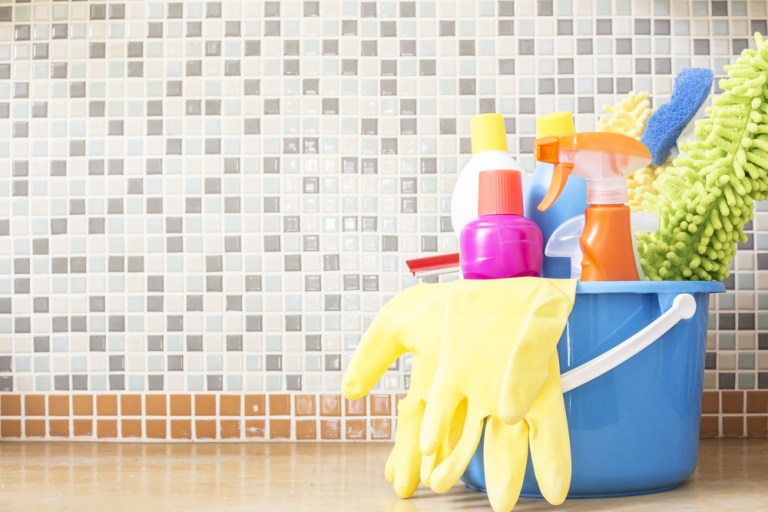Amazon Launches Home Cleaning Service

Amazon has been hiring house cleaners in Seattle as direct employees in an effort to boost its home services marketplace.
The new housecleaning service, Amazon Home Assistants, offers cleaning services in Seattle, with prices determined by the size of the home and the number of visits. For example, a weekly cleaning of a 1,500-square-foot home runs about $156.
“All our technicians are Amazon employees who are trained professionals,” the website states. “We use 100 percent eco-friendly and kid-safe cleaning products, which are rated 4 stars and above on Amazon. All our services are backed by our happiness guarantee. If you’re not satisfied, we’ll come back and fix any problems.”
Launched in 2014, Amazon Home Services originally offered services related to specific products that were sold on Amazon.com. One year later, the marketplace was modified to offer a wide range of professional services to directly compete with Angie’s List, including such categories as Home Improvement, Lawn & Garden, Automotive, Computer & Electronics and Lessons. There is also a “More” category that includes services like housecleaning or babysitting.
The marketplace provides users with professionals that give upfront pricing, with local service providers opting in based on where they operate and the services they offer. The services are backed by Amazon’s “Happiness Guarantee.”
In 2016, the eCommerce giant announced it had expanded Amazon Home Services into 20 new metropolitan markets around the country.
But, according to Bloomberg, while Amazon had high hopes for the platform — saying the services offered represented a $600 billion market — growth has been slow.
That has led to Amazon employing its own people, which also makes the company responsible for things like minimum wage, workers’ compensation and overtime pay. But it also allows the company to have a say in the way workers are trained, the cleaning products that are used and their employees’ schedules.
Last year, U.S. consumers spent $16 billion on home cleaning, according to ServiceMaster Global Holdings Inc., parent of the Merry Maids franchise. So, if this works for housekeeping, Amazon could use it to grow into other service-oriented categories, like home improvement products and electronics that require assembly and installation.
“Any products that require additional services beyond opening a box, Amazon doesn’t do well,” said Kirthi Kalyanam, director of the Retail Management Institute at Santa Clara University. “The possible rationalization of hiring housekeepers is they are hitting a wall in selling products where service is important. They need to add end-to-end services to enter more categories, and that service needs to be branded. With independent contractors, you don’t get that.”